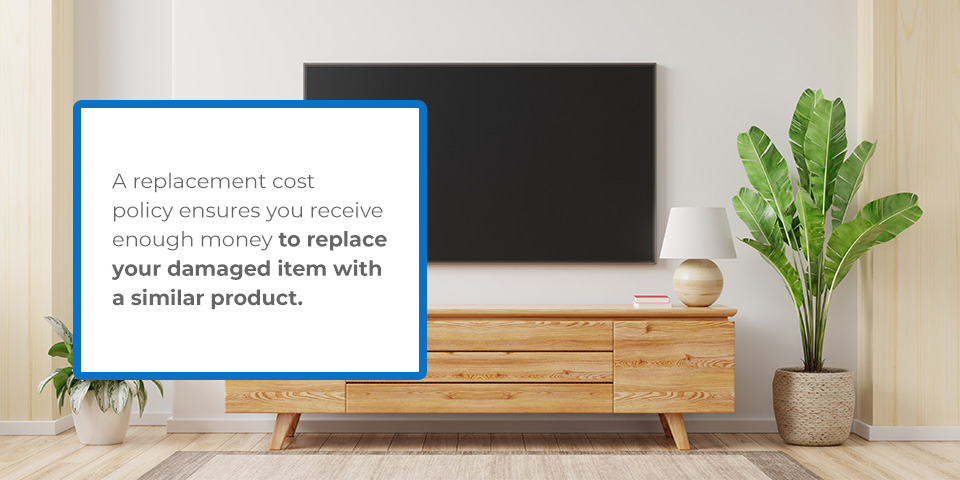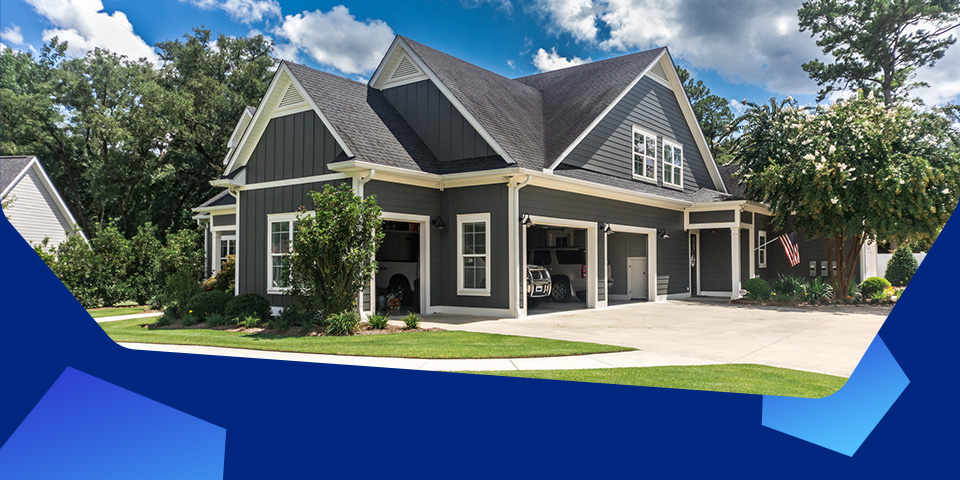There are many things to check for when taking out a homeowners insurance policy. Does it cover damage due to fire, weather, mold and roof leaks? If it does, how much coverage does it offer and what type of payment policy should you opt for? Inquiring about these factors is critical for the safety and security of your family and finances.
Whether you’re new to homeowners insurance or looking to make a switch, this guide explores the important coverage your policy should include, what it might not have and how to find the right homeowners insurance policy.
What Does Standard Homeowners Insurance Cover?
A typical homeowners insurance policy covers a range of potential risks and damages. Some of the most common coverages you might come across in your policies include the following.
1. Bodily Injury
This coverage insures injuries experienced by others while on the property. This might occur when slipping on ice, being injured in a property fire or being injured due to a broken floorboard or damaged stairs. Be sure to check your policy to see what injuries are covered and how much coverage it offers.
2. Liability Protection
This protection is beneficial if a neighbor or someone else files a lawsuit against you or a family member. Personal liability coverage covers injuries or property damage to others when you are legally responsible for it. It may involve medical expenses, legal fees and settlement amounts, depending on what your policy includes.
3. Additional Living Expenses
If your home becomes unlivable due to a covered damage, some insurance policies will offer living expenses for hotel fees, meals and parking if they are above your usual monthly expenses while your house is in repair. Be sure to review your policy information thoroughly to see if there are any amount or time limitations.
4. Dwelling
This coverage pays for the repair or rebuilding of your house if it was damaged by an insured danger. Depending on your insurance provider, some of these dangers may include a hurricane, fire, lightning or hail. It’s common for insurers to avoid coverage caused by floods, wear and tear, and earthquakes. Check the policy for exclusions and whether it has enough coverage to rebuild your home.
5. Personal Belongings
Personal belongings or personal property coverage is insurance coverage for home appliances, clothing, electronics and furniture, among other items lost, destroyed or damaged due to a covered damage. Depending on the insurance agency, you may receive coverage for certain belongings if they were damaged by:
- Explosions
- Ice or snow
- Falling objects
- Fire and lightning
- Theft and vandalism
- Hail and windstorms
What Doesn’t the Typical Home Insurance Usually Cover?
While different insurance companies will offer varying coverages, there are a few perils companies generally cover, sometimes cover and exclude from coverage completely. For instance, homeowners insurance generally covers theft and fire but may not cover:
- Fences
- Roof leaks due to wear and tear
- Tree removal unless it hits a structure
- Mold damage
- Water damage
- Plumbing issues
- Foundation repairs
This makes it important to check your policy to see if they offer the coverage you prefer.
Dangers and damage insurance policies typically avoid covering include:
- Flooding
- Acts of war
- Negligence
- Power failures
- Nuclear hazards
- Standard wear and tear
- Mechanical breakdowns
- Termite or insect damage
Should You Get a Homeowners Insurance Replacement Cost Policy?

An important factor to understand when getting homeowners insurance coverage is knowing the difference between a cash value policy and a replacement cost policy. A cash value policy involves paying the depreciated value for the item that was damaged or stolen.
For example, if your television were damaged beyond repair, your insurer would offer an amount that equals its current value rather than offering you the amount you paid for it 10 years ago when it was brand-new. In some cases, this amount may be too little to replace the item you lost.
A replacement cost policy ensures you receive enough money to replace your damaged item with a similar product. Getting this type of policy may apply to all the coverage in your policy. This means that the insurer will reimburse you with today’s prices for replacing a damaged item or repairing your home.
While a replacement cost policy may cost more than fair value coverage, the replacement cost option may be more beneficial because it allows you to avoid adding your own personal expenses to rebuild or repair your property.
What Is a Homeowners Insurance Deductible?
The homeowners insurance deductible is the amount you’ll need to pay when making a claim. This is selected by you when signing the application for a new policy and can be changed if you choose.
You can often reduce your premium costs by increasing your deductible to pay less for the insurance. However, this means you’ll pay more for an incident when making a claim. Understanding the rules and prices associated with different options with your insurer is important so you know what to expect if you ever file a claim.
How to Find the Right Homeowners Insurance Policy
Here are a few best practices to implement to ensure you choose a policy with the right insurer that meets your safety and financial needs.
1. Establish Important Coverage You Need
Take inventory of the property you need to cover. Then, think about the common risks in your house, the neighborhood and whether your area is prone to certain natural disasters. This will help you better understand the coverage your policy must have to benefit you best.
2. Calculate How Much Coverage You Need
After understanding what coverage you need, calculate the total value of your house and personal belongings and how much it would cost to rebuild or repair your property. You can then decide whether a replacement value or cash value is more suitable.
3. Compare Home Insurance Quotes
Compare premiums, coverage and deductibles from the different insurers. This comparison will help you understand which policy meets your needs best and offers the best deal. You can also take this time to check for additional coverage to include in the quote.
4. Choose a Reputable Insurance Agency
Once you’ve narrowed down your potential insurers, check their online reviews and website to check their credibility and customer satisfaction rates. This will give you a good idea of what you might experience when working with them.
Get Homeowners Insurance Coverage With Gunn-Mowery, LLC
When it comes to protecting your property and family financially, you must understand exactly what coverage you’ll receive, how much and whether the insurer is reliable and trustworthy. As an insurance agency, Gunn-Mowery, LLC works to understand your unique needs and works directly with numerous insurance companies to ensure you get the coverage you need at a reasonable price.
To discover the Upside of Insurance, contact us to learn more and get a quote today.

